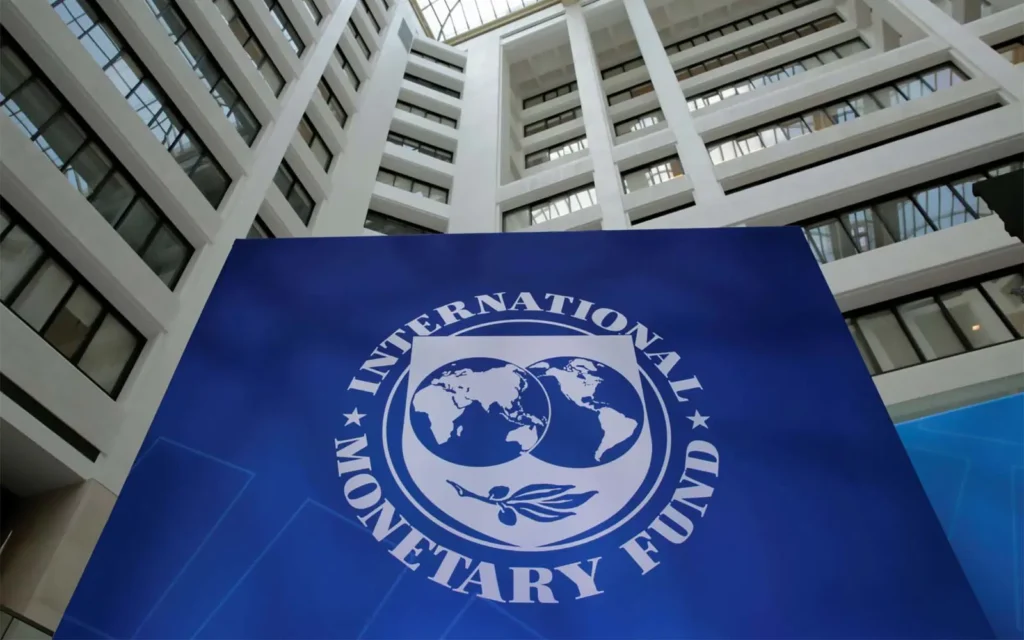IMF reduces Nigeria’s economic growth forecast to 3.0%

The International Monetary Fund (IMF) has downgraded Nigeria’s economic growth forecast for 2025 to 3.0%, marking a 0.2 percentage point reduction from its previous estimate of 3.2%.
This revision stems from a decline in global crude oil prices, which continue to play a pivotal role in driving Nigeria’s economic performance.

The revised projections were presented in the IMF’s April 2025 World Economic Outlook (WEO), unveiled in Washington, DC, during the ongoing Spring Meetings of the IMF and the World Bank. The report analyzes both global and regional economic trends, drawing attention to the sustained vulnerability of oil-dependent economies.
ALSO READ: Russian President Putin won’t attend Pope Francis funeral
Regionally, sub-Saharan Africa is also expected to see a slight dip in growth, with the forecast easing from 4.0% in 2024 to 3.8% in 2025. Nonetheless, the IMF anticipates a modest rebound in 2026, projecting growth at 4.2%.
IMF REVISED NIGERIA’S 2026 GROWTH FORECAST
As Africa’s largest economy, Nigeria was prominently highlighted as one of the nations most affected by the drop in oil prices. The IMF has also revised Nigeria’s 2026 growth forecast downward by 0.3 percentage points.
Other African countries are facing similar headwinds. In South Africa, the IMF cut growth projections by 0.5 percentage point for 2025 and 0.3 percentage point for 2026, citing waning economic momentum in the aftermath of a tepid 2024, heightened uncertainty, an uptick in protectionist policies, and the broader global economic slowdown.
- FOLLOW US ON INSTAGRAM: Get the most important news on your social media feed
- FOLLOW US ON FACEBOOK: Get the most important news on your social media feed
- FOLLOW US ON X: Get the most important news on your social media feed
A more drastic revision was made for South Sudan, where the IMF slashed the 2025 growth forecast by 31.5 percentage points. This sharp downgrade follows delays in restarting oil production after damage to a key pipeline, which has severely constrained the country’s export capacity and revenue base.
Overall, the IMF’s outlook highlights the inherent fragility of natural resource-dependent economies and the persistent risks associated with global market fluctuations.
READ MORE: DIASPORA LENS




